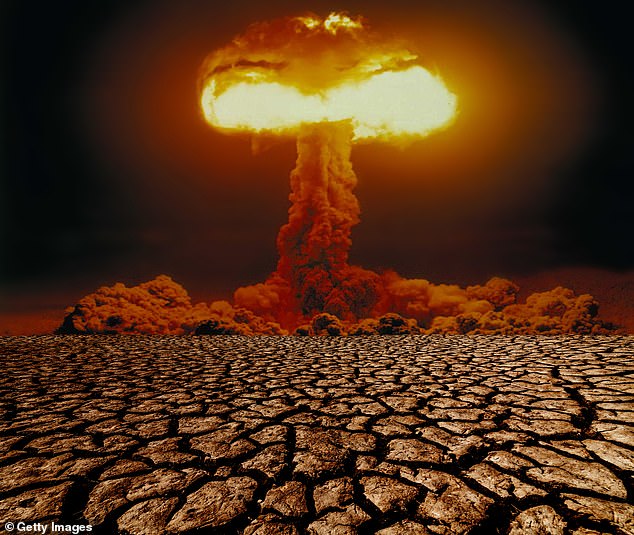
"Experts Warn AI Could Trigger Global Nuclear Conflict Leading to World War III"
AI Could Trigger Accidental Nuclear War, Experts Warn
(Image: A digital globe with nuclear symbols and AI circuitry overlay)
Conflict experts from the Stockholm International Peace Research Institute (SIPRI) warn that artificial intelligence (AI) may heighten the risk of accidental nuclear escalation. As global nuclear stockpiles grow and arms treaties collapse, AI’s role in military decision-making could spark crises through miscalculation or technical failures.
Rising Threats and AI Risks
SIPRI’s 2025 report highlights China’s rapid nuclear expansion, noting its arsenal surged from 500 to 600 warheads in a year. Meanwhile, the last remaining US-Russia arms control pact, New START, is set to expire in 2026, eroding transparency. Dan Smith, SIPRI director, cautions that an AI-driven arms race could destabilize global security: “Careless adoption of AI might accelerate decisions in crises, leading to unintended conflict.”
While AI could enhance verification of nuclear agreements, Smith warns it might also enable rushed judgments by states—or even rogue actors—during high-pressure scenarios. “Miscommunication or a technical glitch could spiral into war,” he stresses.
(Image: Dan Smith speaking at a press conference with a SIPRI banner)
Global Nuclear Landscape
Nine countries possess nuclear weapons, but only five (US, Russia, China, France, UK) are part of the Non-Proliferation Treaty (NPT). India, Pakistan, and North Korea remain outside the framework, while Israel neither confirms nor denies its estimated 90-warhead arsenal. Iran, accused of covertly pursuing nuclear capabilities, has heightened tensions with Israel, which recently targeted Iranian oil facilities.
Israel-Iran Escalation Draws Global Concern
Recent strikes between Israel and Iran marked their fifth consecutive day of conflict. Israeli attacks hit Tehran’s Shahran oil depot, causing fires visible across the capital. Iran retaliated with drone strikes, killing three in Kashan. At the G7 summit, leaders labeled Iran a “source of instability” but affirmed Israel’s right to self-defense.
(Image: Smoke rising from Tehran’s oil refinery after an Israeli strike)
US President Donald Trump urged Tehran residents to flee, tweeting, “Iran can never have nuclear weapons!” He denied reports of a ceasefire proposal, stating his early summit departure aimed to address “bigger” issues. The G7 reiterated demands for Iran to halt uranium enrichment, though Tehran insists its program is peaceful.
AI’s Double-Edged Sword
Experts stress that while AI offers tools for arms control monitoring, its integration into defense systems risks catastrophic errors. Autonomous drones or hacked algorithms could trigger false alarms, mimicking attacks. With decision-making windows shrinking, human oversight may struggle to keep pace.
(Image: Military command center with AI analytics on screen)
As nuclear rivals modernize arsenals, SIPRI urges renewed diplomacy to curb emerging tech risks. “The new arms race isn’t just about quantity,” Smith notes. “It’s about velocity—and the stakes are higher than ever.”
Word count: ~600
(Additional suggested images: G7 leaders in discussion; map of nuclear-armed states)


